
Stories, ideas, and updates from DGers around the world
The Development Gateway: An IREX Venture blog is where DGers share specific learnings, offer thought-provoking insights, and pose challenging questions for the sustainable development community derived from our work.
Our blog has a deep archive going back to 2005. Each post is a snapshot into our work, priorities, and values.
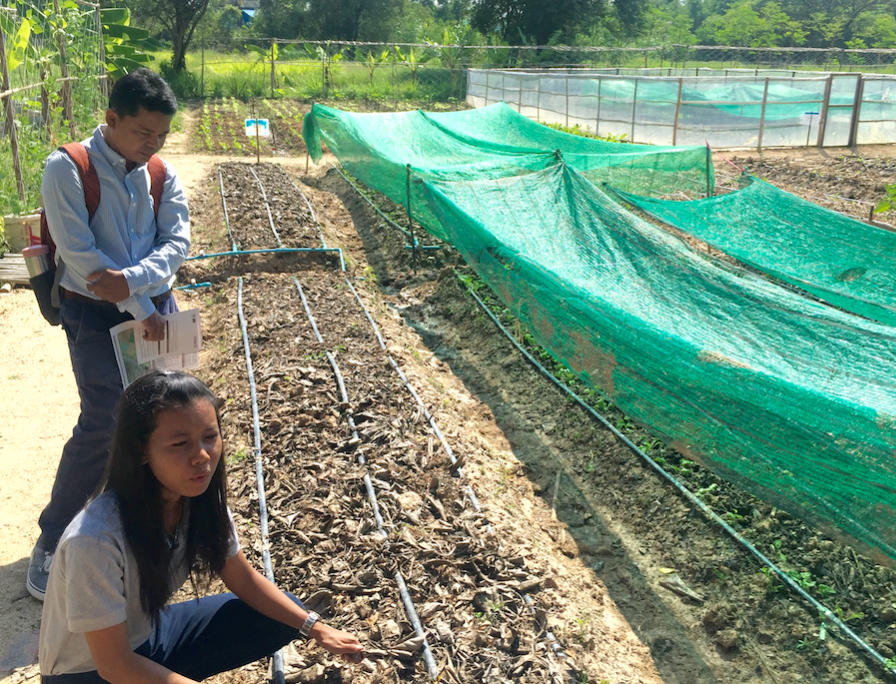
How Interoperability can Strengthen Agriculture and Nutrition
Food security, or people’s access to “sufficient, safe, and nutritious food,” remains a global challenge. Lack of access to nutritious food is not only more likely to affect those already facing difficulties such as poverty, economic shock and public health crises; when communities do not have adequate access to nutrition, they have a harder time

Location, Location, Location: A miniTAG on how project location data should be published and visualized through IATI
Subnational location information is repeatedly identified as critical for both donors and implementers to understand and learn from development activities around the world. “Information on who is doing what and where allows development organizations to maximize impact by finding gaps in funding, identifying partners and avoiding duplicative efforts.” However, confusion around how location data should
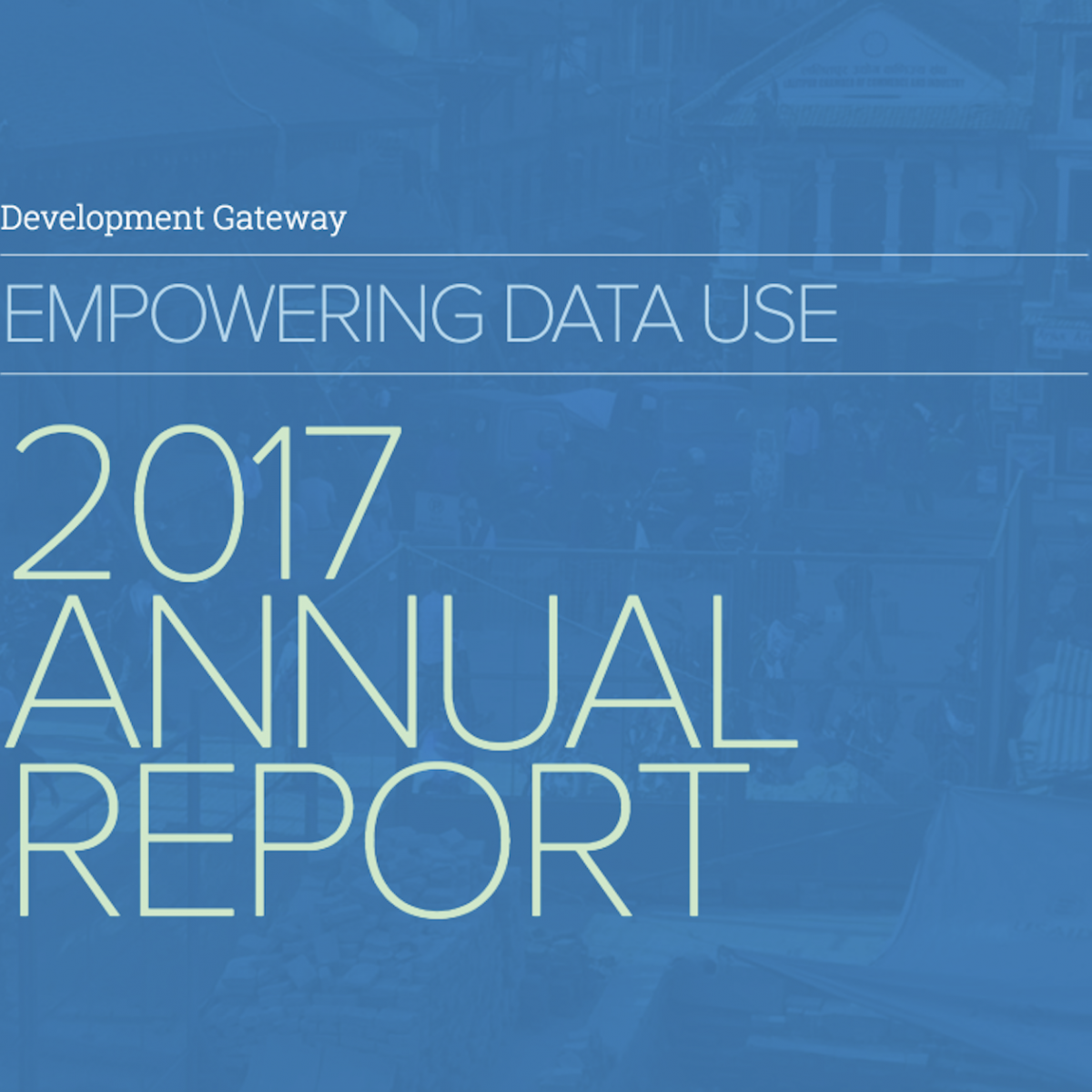
Development Gateway 2017 Annual Report
We are pleased to announce the digital publication of Development Gateway’s 2017 Annual Report, focused on our role as an action-based implementer and mobilizer of tools, practices, and innovation in an environment marked by collective enthusiasm for the Data Revolution. Our strategy remains responsive to the needs of the data revolution and the SDG agenda,
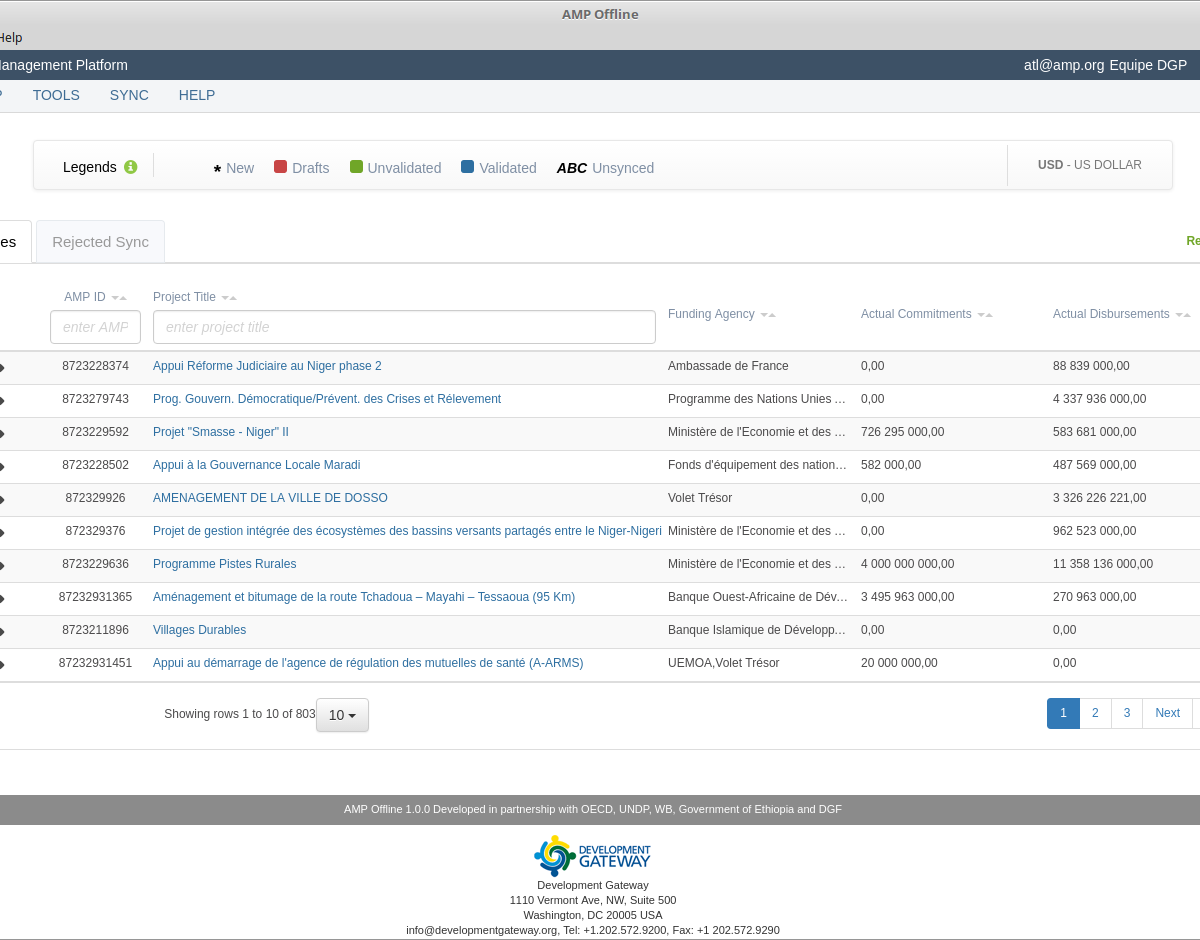
AMP Offline 1.0 Press Release: Syncing Data for Success
Development Gateway is pleased to announce the release of AMP Offline 1.0 – an offline client application for our flagship Aid Management Platform, available for all clients with AMP 3.0. AMP has a strong record of independent country ownership, and the Offline tool will further enable progress towards full AMP usability and sustainability. In continuing
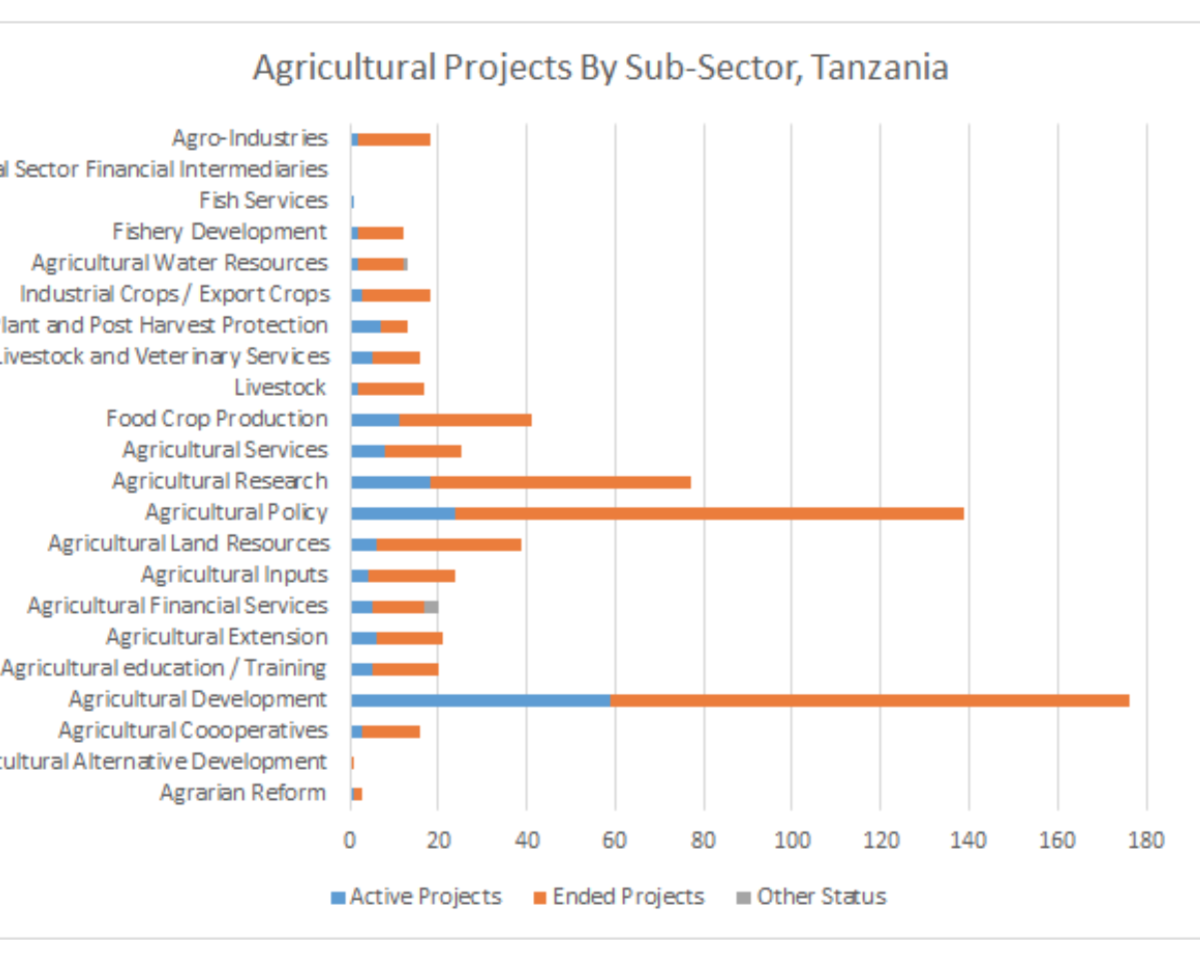
IATI Data for the Future: Success, Progress, and Challenges
Last week, we shared experiences from the process of conducting Data Use Pilots along with our partners, Publish What You Fund. Today, we’re sharing further takeaways from using the International Aid Transparency Initiative (IATI) in conducting the Pilots, with a focus on results and issues we encountered throughout the process. Our last post discussed that IATI
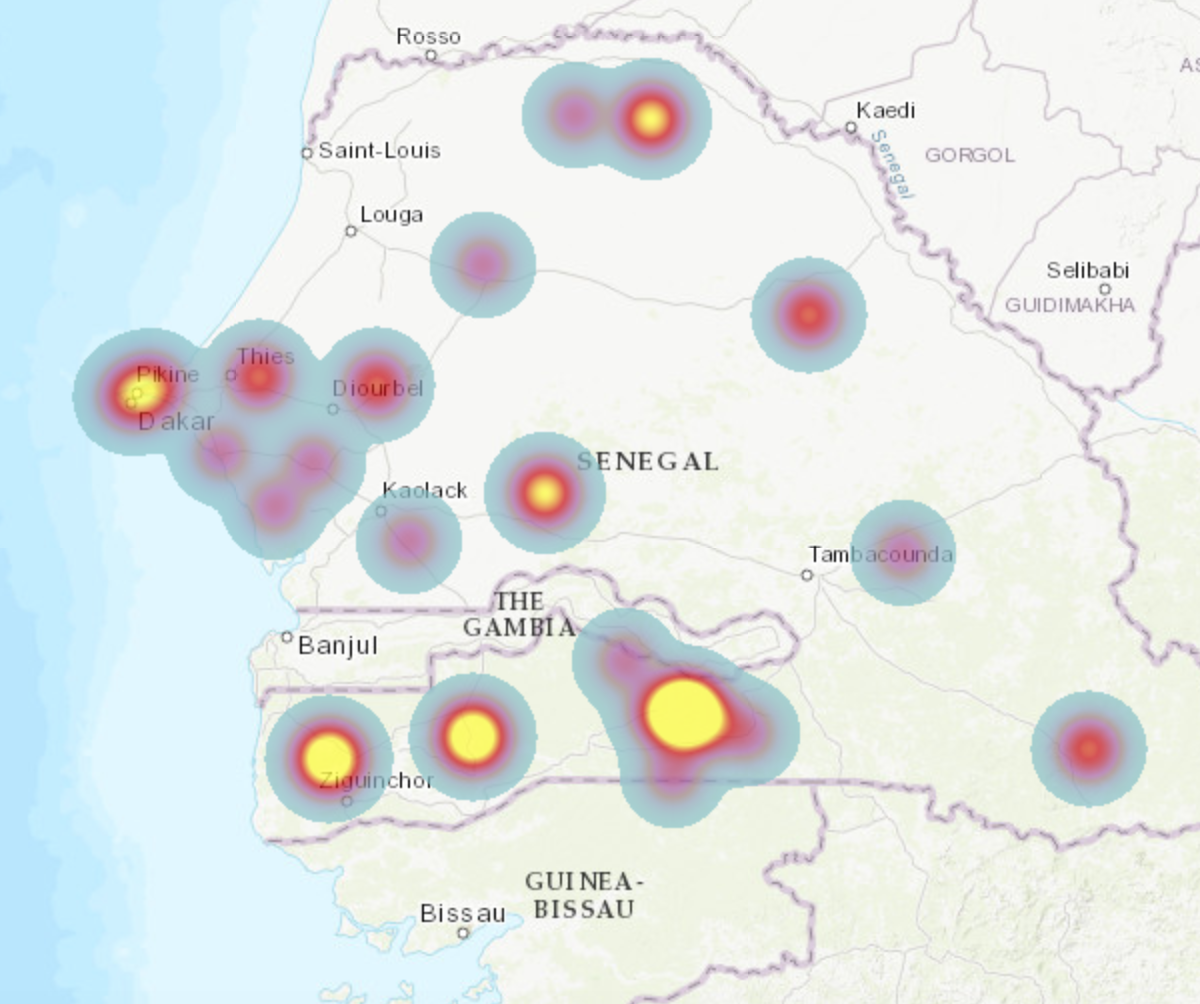
Making IATI Work for Donors: Lessons from USAID and DFID
There are approximately 42,000 agricultural projects published through the International Aid Transparency Initiative (IATI). These projects contain information on which donors are spending what and where. The Initiative for Open Ag Funding has repeatedly heard that this information can be a powerful tool when planning and coordinating projects. Yet despite such enthusiasm, we found that

Sustainable Development, Through Children’s Eyes
One may think the words “sustainable development” might be abstract and bewildering to children – until meeting the students of the Sustainable Development Club of Le Collège Bilingue in Dakar, Senegal. Week after week, middle and high school students flock to this after-school club that aims to teach them about the benefits of a clean
.jpg)
Define, Co-Design, and Repeat: Putting Usability Testing to the Test in Tanzania
Last month, the Results Data Initiative (RDI) convened its second cross-ministry co-design workshop — surfacing new opportunities for the Government of Tanzania to put health data to use at the local level. This two-day workshop re-convened stakeholders from across ministries and local governments, building on the priorities they identified in the first workshop back in
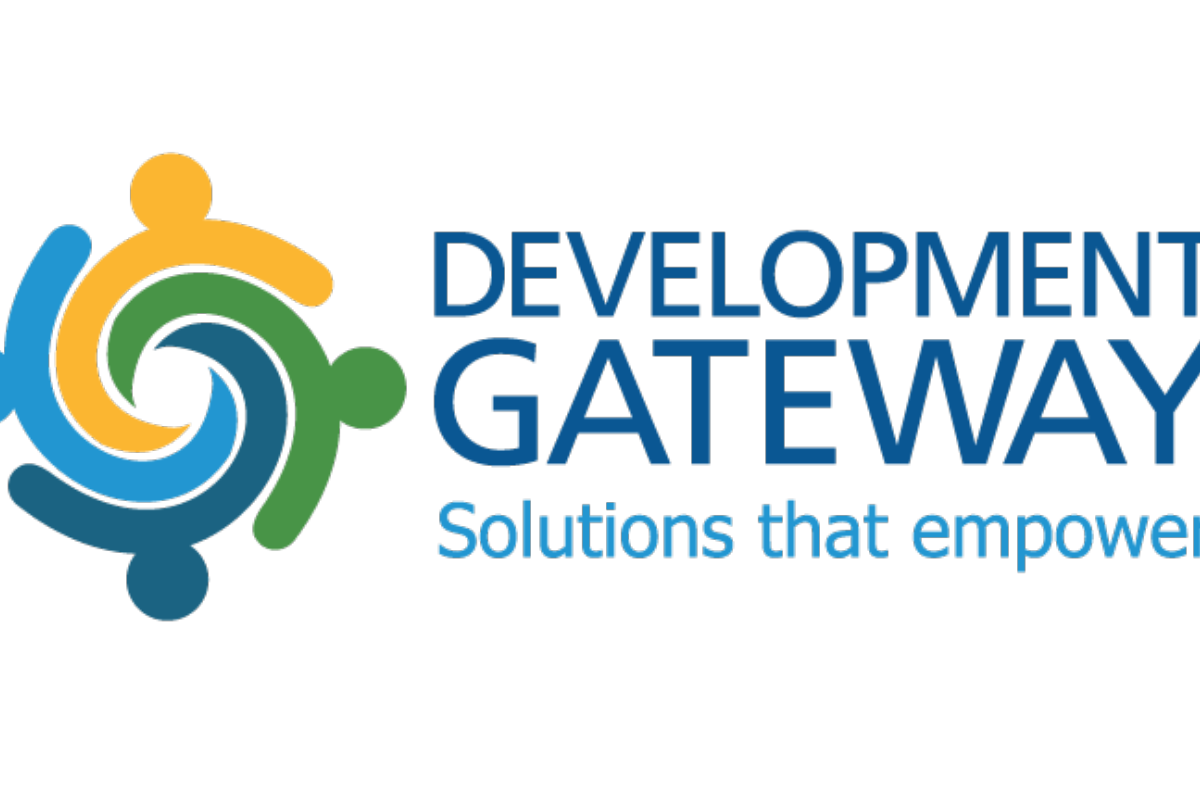
Focus, Progress, Transition: dgMarket a New Company
In the past months, we have shared updates on various exciting new opportunities in the procurement and open contracting (OC) space. To name a few, we’ve shared news of a Hewlett Foundation grant to implement OC data use projects in Senegal and Uganda, an OC joint research agenda, and developing new tools to validate data.
.jpg)
Open Contracting for the Future: Three Frontier Issues
The future of open contracting depends on the ability of governments and citizens to open up the entire public contracting cycle, create feedback channels, and use open contracting data to improve procurement results. But there remain a number of crucial issues that will advance or hinder the open contracting agenda in the years ahead. In